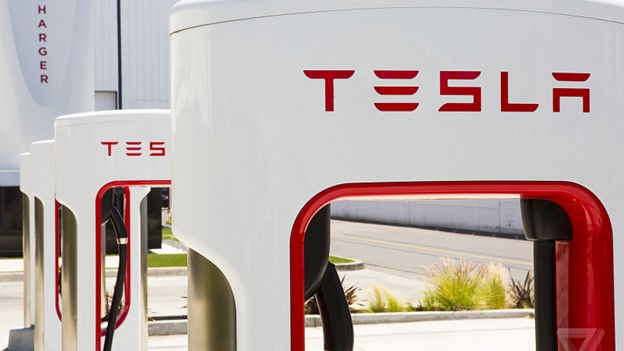Transformation Series: Kodak
- Liz Schehl

- Sep 23, 2025
- 2 min read
The Eastman Kodak Company was founded in 1880 as a printing and imaging company. In 1975, Kodak invented the first digital camera. When they started, they were innovators at the front edge of technology.

What if the greatest risk to your business isn’t disruption from the outside… but hesitation on the inside?
And yet, they intentionally opted to put that idea on the shelf. Why?
Fear of cannibalization: Film was their profit engine, and digital threatened to upend it.
Attachment to legacy: Their vision and identity were tied to being the film company.
Incentive misalignment: Executives were rewarded for short-term results, not long-term reinvention.
Cultural inertia: Comfort with “what worked” made it easier to double down than to disrupt themselves.
The result? Kodak filed for bankruptcy in 2012. And even now, headlines raise doubts about whether the company can survive as they cut their company pension plan to pay off debts.
It’s tempting to shake our heads and think, how could they miss it? But many leaders and teams today are doing the exact same thing.
The pace of change has only accelerated, further amplified by the speed of technology, and all of this is influencing client expectations. And yet, so many teams stay anchored in models, products, and processes that feel safe - ignoring the signals of what’s next.
Vision without execution is wasted potential. Kodak had the tech but clung to film because it felt safe. The cost of inaction was bankruptcy. As Charles Haanel wisely said, “Knowledge alone is not power. It is only potential power. It is the application of knowledge that creates power.”
So ask yourself:
Where are you clinging to a “film-based” mindset because it feels comfortable and familiar?
Are your incentives and culture aligned with experimenting, learning, and moving forward—or with protecting what already exists?
Are you willing to disrupt yourself before someone else does?
The market won’t wait for you to get comfortable. Future-proofing means disrupting yourself before someone else does.
Here is the story:




